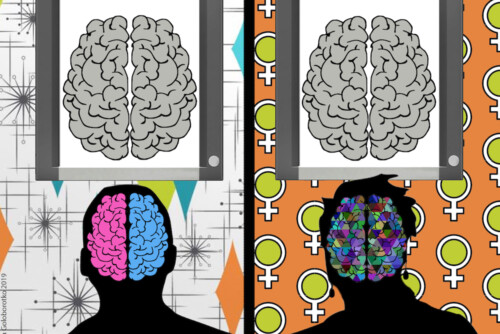As feminist scholars and researchers, we need to think of the chain of care not as a set of discreet relationships between worlds and bodies strung up in a teleological manner, but rather as a series of conflicting and diverse bonds between labor, emotions and corporeality that do not line up neatly in terms of gender binaries and normative familial arrangements. The film and the anthropological works I mentioned above offer unorthodox yet productive narratives and experiences that boldly suggest the messy and contradictory relationships between ideal conditions and everyday practices in transnational and diasporic gender relations. Researchers of gender and migration will benefit from disrupting their normative conceptions of domesticity, love and care by not locking these concepts to static gendered bodies with immutable affective skills. We need an analytical and empirical openness to the possibilities of migration, gender and emotion that will enable a more expansive and effective politicization of global domestic workers by refusing to render their affective status as “natural” and inevitable.
Issue 6.3 | Summer 2008 — Borders on Belonging: Gender and Immigration



